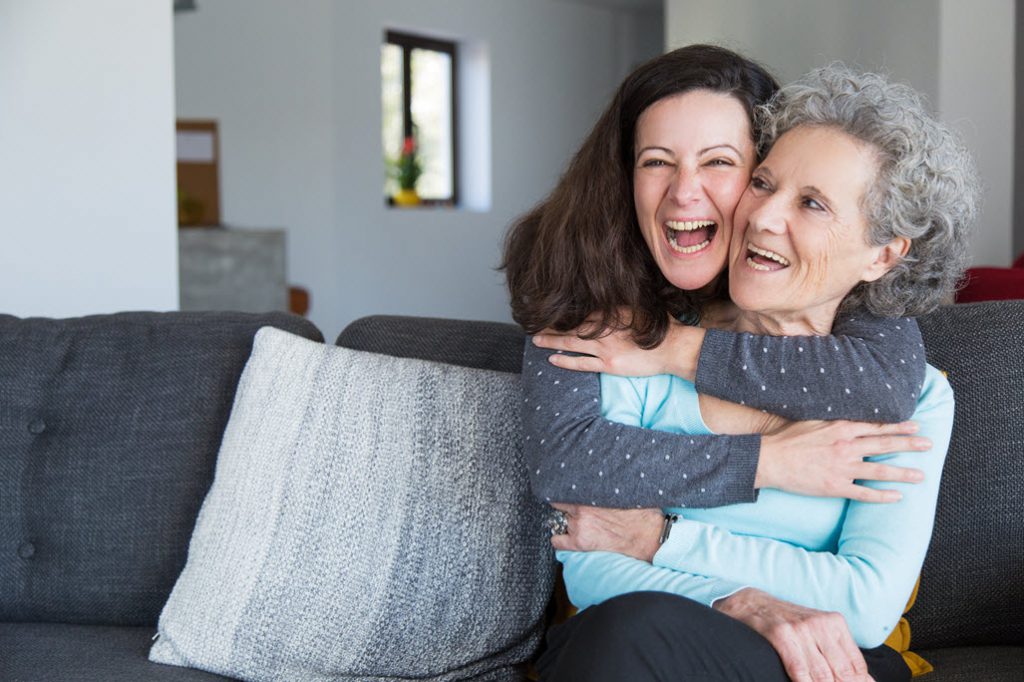Lifestyle

Serving ADF families have unique work-life pressures that impose many challenges on their personal life. Regular interstate posting for families with a special needs child adds a complex additional layer of pressure.
The Defence Special Needs Support Group (DSNSG) is a volunteer-run, not-for-profit organisation that has been supporting Defence families since 1993. Defence-mum, Kim Collins, heads the organisation as CEO.
“All of our coordinators recognise how tough it can be,” explains Kim, “because we all have a spouse serving in the ADF. And we all have a child with special needs.”
The children’s special needs could be due to a range of illnesses or medical conditions, as well as physical or intellectual disabilities.
“The DSNSG provides valuable emotional and social support to ADF families,” says Kim. “We also deliver a number of targeted programs and help families to access disability services.”
Kim is all-too-familiar with the posting drill. When she was young, Kim and her three siblings were posted around the country with their Army dad. Now as an Army wife and mother of five children, she’s onto her ninth family posting.
All the stressors of a posting cycle are amplified when there are special needs in the family.
Kirsten Pini and her RAAF husband understand this incredibly well – with three sons, aged 9, 5 and 2, requiring extensive specialist support.
“We’ve posted from HMAS Cerberus to Newcastle, then a compassionate posting to Point Cook when our then-6-year-old needed heart surgery. And now we’re in Brisbane,” says Kirsten.
“I heard about DSNSG by word-of-mouth. The group helped with the process of having our special needs recognised by Defence; provided tips on therapists; and helped with the documentation to have our house modified with ramps and hand rails,” she says.
The family’s needs are not limited to the eldest boy. Kirsten’s 5-year-old son is autistic and has vision and hearing impairments, and the 2-year-old is also showing signs of autism.
While she’s Brisbane-based, Kirsten has the direct support of Kim Collins. “Kim has provided my middle boy with an iPad – the touchscreen makes it much easier for him and he’s doing well with his school since using it,” she says.
“Kim also helps families with their housing needs. My eldest has ongoing strokes after complications with his heart surgery. We need to move locally to a home that will accommodate a hoist to lift him. We’ve had trouble finding a suitable house, but Kim is working with Defence Housing Australia to help us.”
This is a sample of the practical support DSNSG provides. But there’s also the friendship and moral support the group fosters.
“It’s a strong friendship group,” says Kirsten. “Most people don’t understand the complications of having special needs and moving from state to state all the time. Having the support of people who understand makes it a lot easier.”
Kim agrees the demands are intense and there is little awareness of the strains among the civilian community.
“There are so many families in need of our limited funding and resources. Housing is a big issue right now, and the multiple diagnoses required of children with each move adds extra cost and emotional pressures,” says Kim.
“We’re seeing an increasing number of families on ‘unaccompanied postings’ because of the cost and difficulty of going through the diagnosis process again.
“I would dearly love to be able to offer families a form of respite – even just one day a fortnight – but we just don’t have the funds,” she says.
Sadly, Kim feels the pressures on families with special needs children are taking their toll on all members of the family. “We need to raise awareness of the issues ADF families face and ensure they receive the support they need.”
You can find out more about the services provided by the Defence Special Needs Support Group at the group’s website. To have a dependant with special needs formally recognised by Defence, or to find out more about the assistance available through Defence Community Organisation, email DefenceFamilyHelpline@defence.gov.au or call 1800 624 608 at any time.